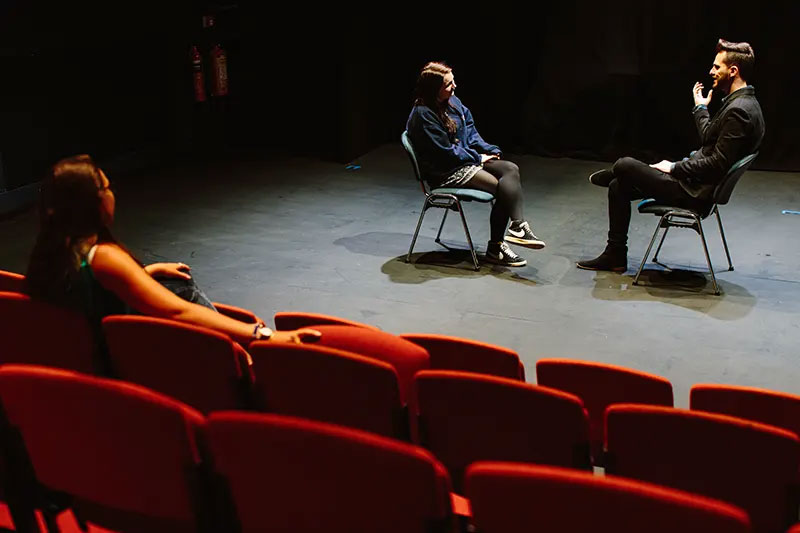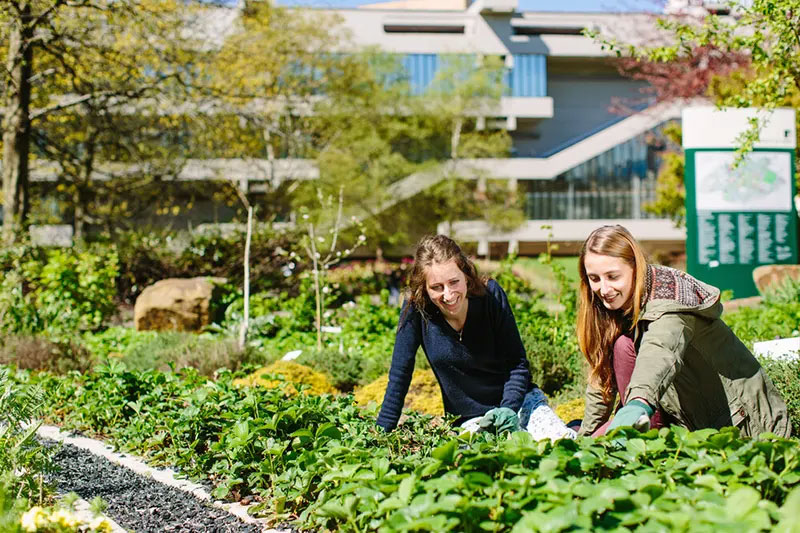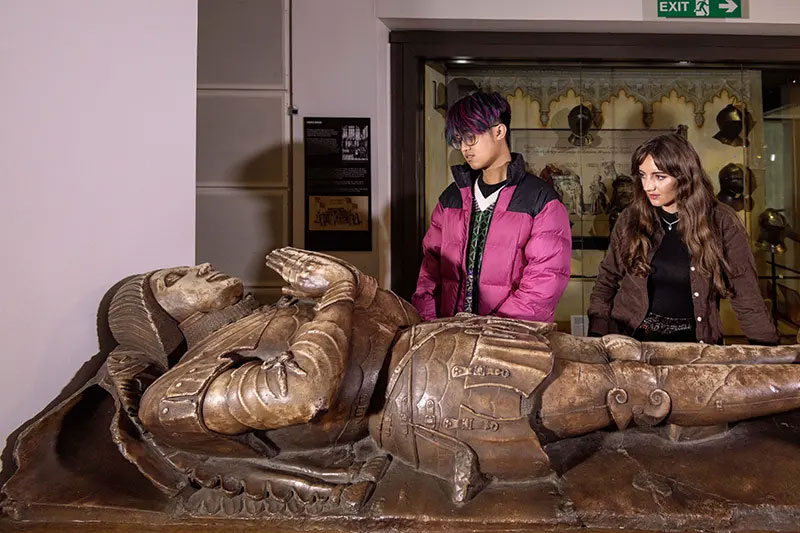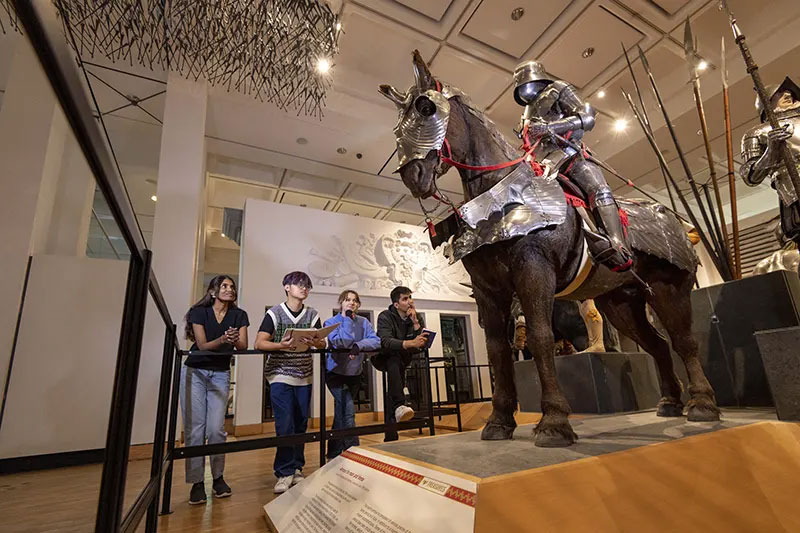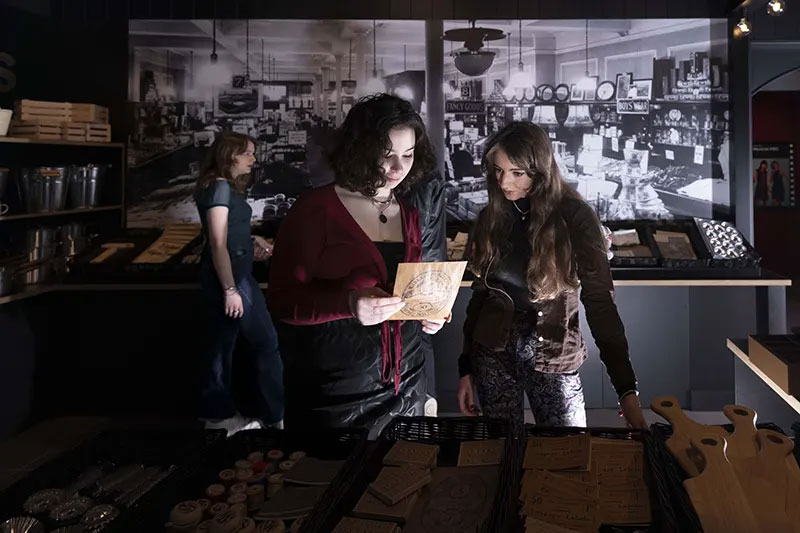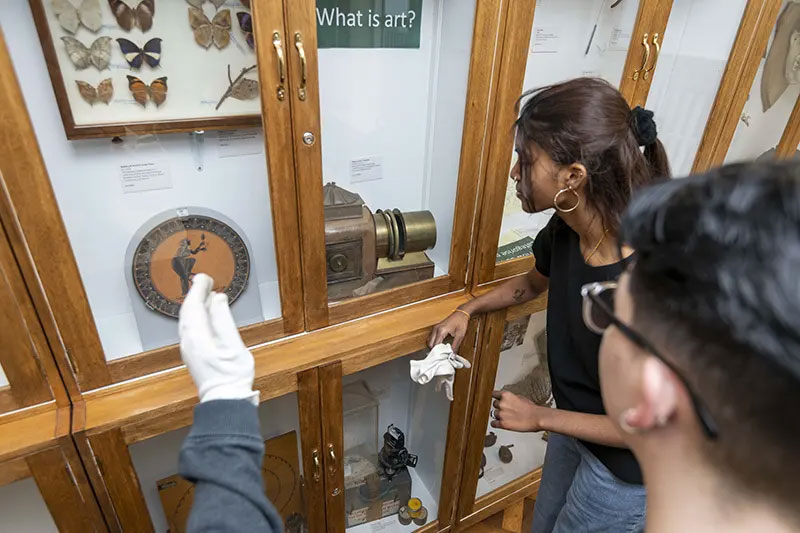This wide-ranging course focuses on the history of people, their societies and cultures. You will explore how people have lived and died across a broad span of historical periods and geographies.
The core modules and dissertation workshops will introduce you to key concepts in social and cultural history and improve your research and writing skills. You will also choose from a range of optional modules, allowing you to focus on societies and periods that are of interest to you. There are opportunities to pursue distinct routes through the course, including health histories and histories of identity.
You could study health care in Africa, communities and castes in India, European life courses or the movements of people across the world. You'll be able to focus on gender, race and religion as well as other issues that have shaped the lives of individuals and communities, from the medieval to the modern.
Taught by expert researchers within the School of History and across the Faculty of Arts, Humanities and Cultures, this course uses the latest approaches and thinking in social and cultural history to give you an insight into the lives of others.
This course is also available to study part-time over 24 months.
Specialist resources and facilities
We have a wealth of resources for social and cultural historians. The world-class Brotherton Library and its Special Collections contain a huge number of early printed, archive and manuscript materials including the Liddle Collection on the First and Second World Wars, Leeds Library of Vernacular Culture, manuscript and commonplace books, travel journals and one of the best collections of cookery books and household manuals in the country.
Extensive collections of national, regional and local newspapers from over the years are available on microfilm, as well as cartoons and satirical prints from the British Museum and extensive collections of letters and correspondence. The Yorkshire Fashion Archive and M&S Archive on campus allow you to gain a real insight into popular culture over time.
For those choosing the health histories route, there is the opportunity to draw on the policy strengths and links of the Leeds Centre for Global Health Histories, which works with the World Health Organisation and national governments around the world. For those interested in identities, there are opportunities to work with leading scholars associated with interdisciplinary centres such as the Centre for Interdisciplinary Gender Studies and the Centre for African Studies.












